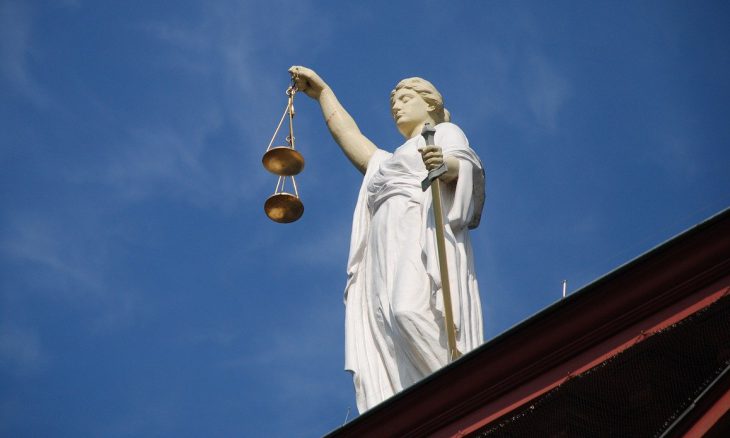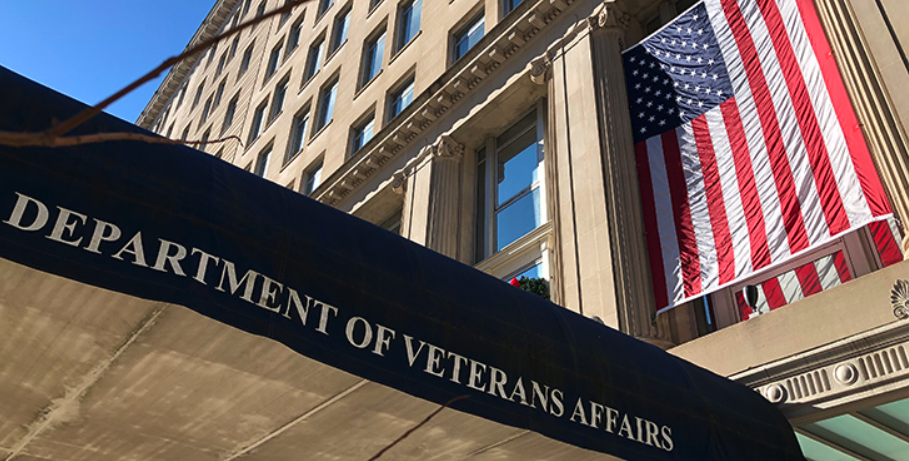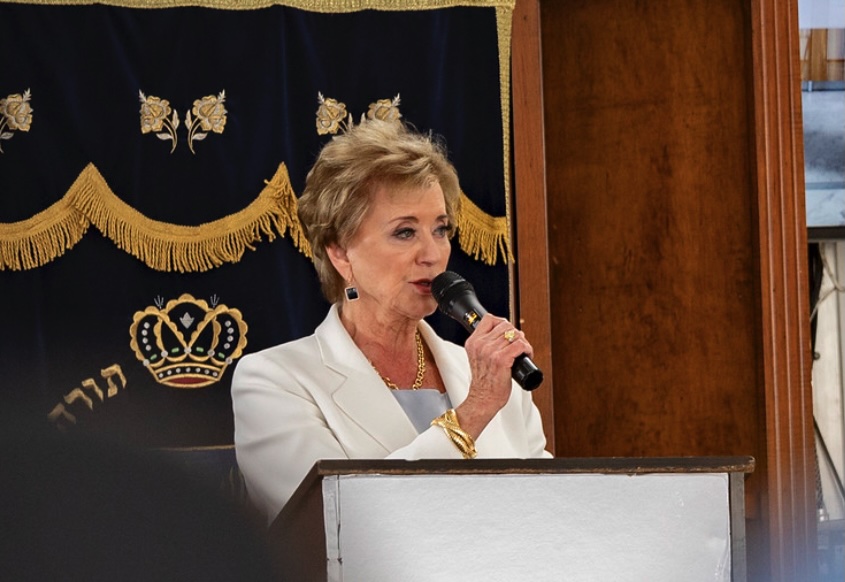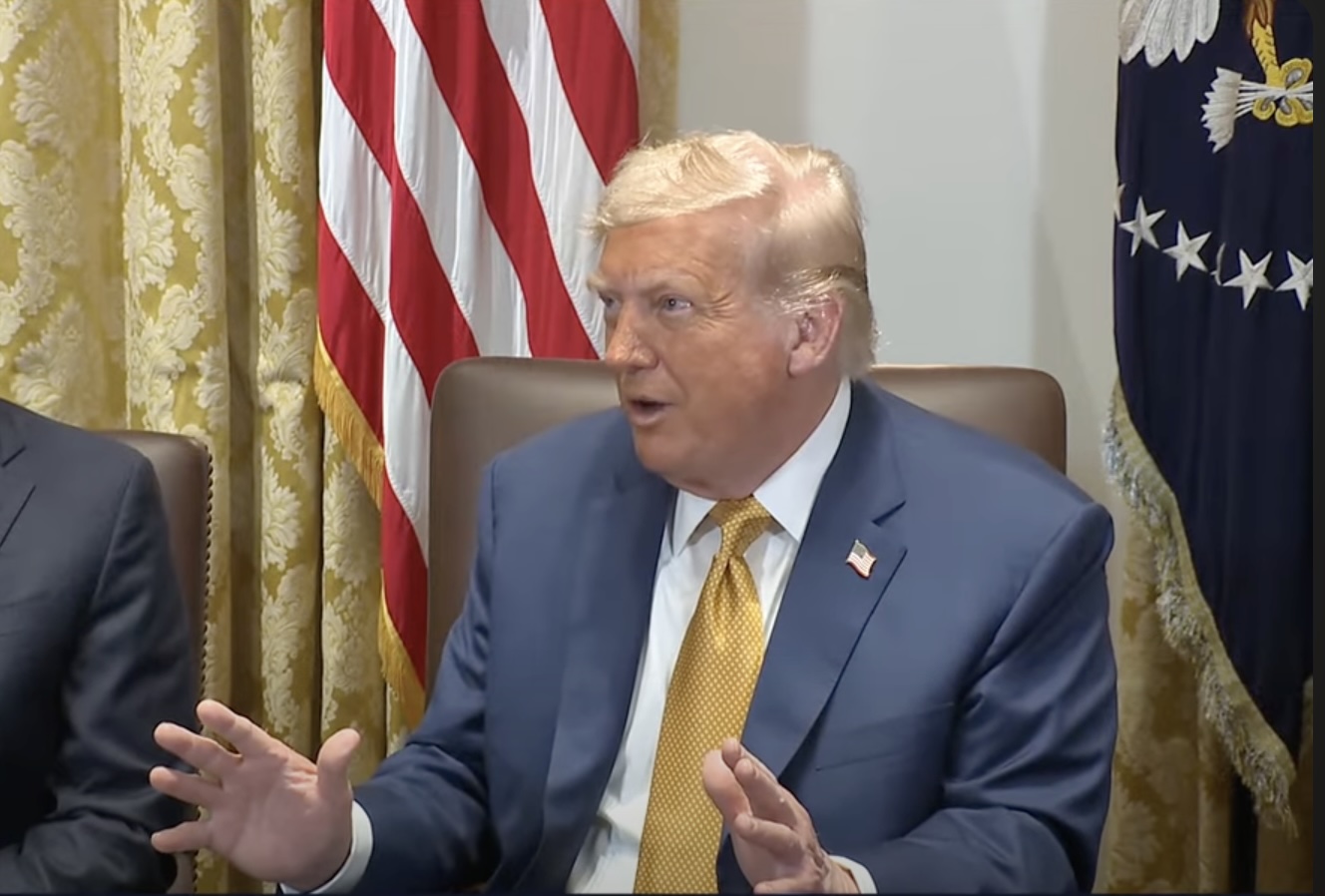It must fill the gaps between legal authority.
PRAY FIRST for God to keep soft the hearts of all who hold public office so that they may seek God’s true heart in all that they do.
The integrity of the upright guides them, but the crookedness of the treacherous destroys them.
Proverbs 11:3
Legality in government refers to whether an action complies with established laws, court rulings, and constitutional provisions. Ethics, however, deals with whether an action is morally right, fair, or just in principle and not just in statute. In practice, these two standards can overlap but sometimes stand far apart.
The U.S. Constitution creates legal boundaries through explicit powers, limitations, and processes for accountability. However, the Preamble’s references to “justice” and the “general welfare” hint at a moral horizon that goes beyond technical legality—calling leaders to consider the broader impact of their actions on the nation’s character and people’s trust.
Government officials take an oath of office not only to uphold the Constitution but to act in ways that preserve the republic’s integrity. This oath implies an ethical commitment that should inform decisions, even when the law permits questionable courses of action.
Lessons from History
History offers sobering examples of government actions that were legal at the time but are now widely condemned.
For instance, the Tuskegee Syphilis Study (1932–1972) legally allowed federal researchers to deny treatment to African American men with syphilis, observing the disease’s progression without informed consent. The law did not prohibit this conduct, but public outrage decades later led to stricter research ethics standards and institutional review boards.
Similarly, redlining policies—once supported by federal housing agencies—legally denied loans and housing opportunities to minority neighborhoods, strengthening racial segregation. These policies were technically legal for decades, until fair housing laws began dismantling them in the late 20th century.
Even in moments of national security concern, ethics have been overshadowed by legality. The internment of Japanese Americans during World War II is now remembered as a serious injustice despite its legal sanction.
These examples show that the absence of a legal prohibition does not equal moral acceptability and that public opinion can shift over time, re-evaluating past government actions under a different ethical lens.
The Legal Boundaries
When legality falls short, oversight mechanisms aim to keep public servants accountable.
Congress can investigate questionable behavior, censure members, and refer matters for prosecution. Ethics committees operate even when no specific law is broken, relying on codes of conduct that emphasize integrity and public trust.
The judicial branch can step in when actions violate constitutional principles, even if statutes have not yet caught up. Also, independent offices—like Inspectors General—conduct audits and investigations into waste, fraud, abuse, and ethical lapses.
Still, the most powerful oversight often comes from outside government. Investigative journalists, advocacy groups, and civic watchdogs raise public awareness, and citizens can withdraw political support from leaders who meet the bare minimum of legality but fail ethically.
Today’s Grey Zones
Modern politics presents new cases where legality and ethics diverge. Examples include expansive government data surveillance programs, disputes over presidential authority to delay or withhold congressionally approved funds, and the significant influence of corporate interests on policy-making. While such actions may comply with existing statutes, they often raise serious questions about governmental accountability and the spirit of democratic governance.
The media plays a significant role in bringing these tensions to public attention, highlighting instances where the letter of the law may deviate from public expectations of fairness and responsibility. When public concern reaches a climax, it can prompt lawmakers to close legal gaps—setting higher ethical benchmarks into codified law.
Why It Matters and How We Can Respond
Without ethical restraint, legality alone can become a shield for self-interest or harm. In a democratic republic, the law is supposed to protect the people, but it is the moral compass of leaders and citizens that keeps it from being twisted for narrow gain.
As believers, this is not merely a civic concern. It is a matter of discipleship. The Bible reminds us: “Better is a little with righteousness than great revenues with injustice” (Proverbs 16:8). Integrity in leadership protects not only policy outcomes but the moral health of a nation.
Caring about this gap means staying informed, voting with discernment, holding leaders accountable, and living out ethical convictions in our own spheres. It also means speaking with humility and grace when we hear misinformation or views that differ from our own, choosing dialogue over division.
HOW THEN SHOULD WE PRAY:
— Pray for courageous oversight for inspectors general, transparency agencies, journalists, and watchdogs. Speak up for those who cannot speak for themselves… defend the rights of the poor and needy. Proverbs 31:8–9
— Pray for all Christians in America to embody honesty and grace in our political decisions, even when laws are silent. Let your light shine before others, so that they may see your good works and give glory to your Father. Matthew 5:16
CONSIDER THESE ITEMS FOR PRAYER:
- Pray for God to guide our federal officials with His perfect morality in public debate.
- Pray for judges, lawmakers, and citizens to seek to call for more just and compassionate laws that better all in our nation.
- Pray for God to be at work in shaping future policies across our nation.
Sources: Government Accountability Office, RGS Finance Advisor, Centers for Disease Control and Prevention, Economic Policy Institute, Stanford Law Review









